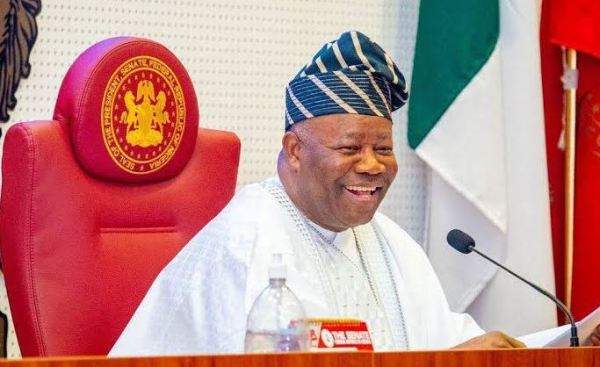Nigeria @65: Praise Singers, Leadership, Burden of Bad Governance in Nigeria

By Fatima Saka
In every society, leadership is meant to be a force for progress, stability, and the collective good. Yet in Nigeria, the very essence of leadership is often weakened by the rise of praise singers, individuals so to say who elevate those in power with excessive exaggerated flattering, regardless of their failures. Instead of holding leaders accountable, they offer uncritical adulation that emboldens bad governance and deepens the suffering of the people.
Former lawmaker Patrick Obahiagbon once memorably described them as “political hallelujah boys” , sycophants who turn governance into a stage for endless applause rather than constructive engagement. Their presence around leaders not only creates a false sense of achievement but also shields those in authority from the reality of citizens’ struggles.
The basics of governance are the core principles and practices that ensure leadership serves the people effectively. At its heart, governance is about how power is exercised and how resources are managed for the common good.
In other words, good governance means leaders act as custodians, not owners, of power and resources
The following are the fundamentals:
1. Rule of Law – Everyone, including leaders, must be subject to the law. Justice should be fair, consistent, and impartial.
2. Accountability – Leaders must be answerable for their actions and decisions. Public funds and resources should be managed transparently, with citizens able to see how they are used.
3. Transparency – Information about government policies, budgets, and decisions should be open and accessible to the public.
4. Participation – Citizens should have a voice in governance through elections, consultations, and civil society engagement.
5. Equity and Inclusiveness – Governance must protect the rights of all, ensuring that no group is marginalized, and resources are shared fairly.
6. Effectiveness and Efficiency – Policies and services should meet the real needs of the people without waste or corruption.
7. Security and Stability – A government must ensure the safety of its citizens from both internal and external threats.
8. Responsiveness – Institutions should respond promptly to the needs and grievances of the people.
9. Sustainable Use of Resources – Natural and financial resources must be managed wisely so that future generations are not deprived.
10. Respect for Human Rights and Dignity – Governance should uphold freedoms, protect the vulnerable, and promote human welfare.
The tragedy is that Nigeria is not a poor nation; it is blessed with abundant mineral resources, oil, gas, solid minerals, and fertile land. Yet, decades of mismanagement and lack of transparency have left the country unable to convert its wealth into widespread prosperity. Billions of naira in subsidy funds have vanished over the years without accountability, while citizens are asked to tighten their belts in the name of reform.
Current economic policies, particularly the removal of fuel subsidies and other structural adjustments, have been defended as necessary to stabilize the economy. However, for millions of Nigerians, these reforms have only translated into crushing hardship, soaring food prices, unaffordable transport, and dwindling incomes. In the marketplace, both the rich and poor now face the same punishing costs of basic food items. Meanwhile the wealthy can still afford to buy, the poor masses are forced to reduce their meals, skip essentials, or go into debt just to survive.
At the same time, insecurity continues to drain both lives and hope. According to recent reports, over 7,000 Nigerians were killed by armed violence and terrorism in 2024 alone, while tens of thousands more were displaced. From farmers unable to access their lands due to bandits, to communities ravaged by kidnappers and insurgents, the human cost of insecurity grows heavier by the day. Yet leaders remain shielded by praise singers who project false victories instead of demanding urgent solutions.
Bad governance thrives in this environment. When leaders are comforted by “political hallelujah boys,” dissenting voices are silenced, accountability is diminished, and the nation’s vast resources are plundered without tangible benefits for the majority. This cycle not only widens inequality but also erodes trust in government and weakens democratic institutions.
READ ALSO: Nigeria at 65: NUJ FCT Demands Urgent Reforms on Insecurity, Press Freedom, Journalists’ Welfare
Independence : Trinity VC urges renewed commitment to education
The way forward demands courage, from both leaders and citizens. Leaders must resist the comfort of flattery and instead embrace transparency, accountability, and people-centered policies that prioritize security, food affordability, and economic relief.
Citizens, on their part, must reject the culture of sycophancy and demand explanations for how mineral resources are managed, how subsidy funds are spent, and why reforms continue to punish the poor rather than uplift them.
Until then, praise singers will continue to drown out the voices of reason, while the poor are left to endure the same markets, the same soaring prices, and the same harsh realities of life under bad governance.





